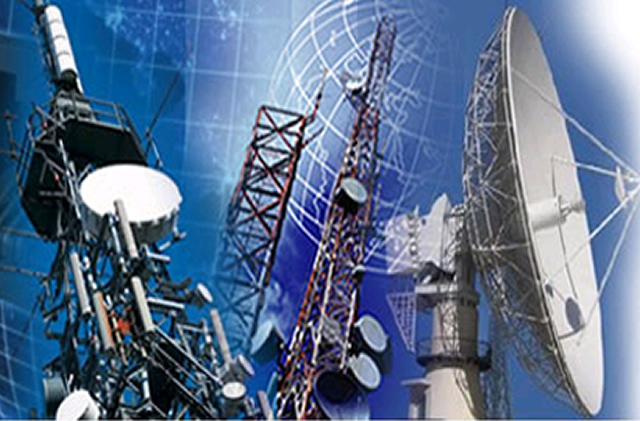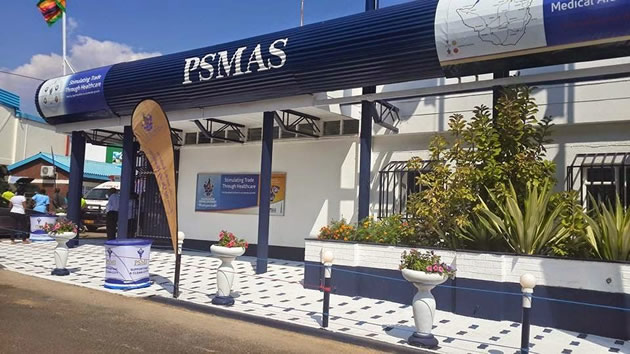POTRAZ turns screws on telecom firms

 Golden Sibanda Senior Business Reporter
Golden Sibanda Senior Business Reporter
THE Postal and Telecommunications Regulatory Authority of Zimbabwe has completed stringent draft rules setting service and customer care standards for the telecommunications industry. The rules also compel operators to ensure minimum call completion rate of 80 percent.
The new legislation will compel companies in the telecommunications sector to observe minimum service quality and customer care standards in provision of services such as voice, internet and data connectivity, short message and multimedia message services.
POTRAZ made the proposals in a Draft Quality of Service Regulations 2015, set to become law once finalised to penalise any service providers with levels below acceptable standards, provided the poor quality is not caused by factors beyond the operator’s control.
The rules will address complaints around claims that network operators were short-changing consumers through poor service delivery, which frequently manifest in cross lines, dropped calls, slow internet connectivity, high service cost and unavailability of network.
As such, mobile network service providers will be obligated to ensure 99,99 percent service availability, service activation period of under 5 seconds, down time of below 1 hour, interconnection gateway route down and repair time of less than an hour, as the regulator of telecommunication services sets the bar higher.
The rules will require service providers to ensure network connectivity success rate of equal or above 95 percent, call set up success rate to a valid number properly dialled to be above 95 percent at any given time.
Call completion rate, the percentage of calls that are successfully setup, maintained and terminated normally by the calling or called party should be equal or exceed 80 percent while the rate of voice calls dropped calls should be restricted within the 2 percent band.
A dropped call is one that is prematurely terminated before being released normally by either the caller or the called party before the exchange of released message.
Calls failed due to unavailability of network traffic channels due to many call attempts, traffic channel congestion or call congestion should not exceed 2 percent while call hand over success rate rank over 90 percent.
The draft rules state that the call set up time, period starting when the address information required to set up a call is received by the network and finishing when the busy tone, ringing tone or answer signal is received by the calling party, should be less than 10 seconds.
A 99,98 percent success rate should be achieved for short message service (SMS) sent and received in 2 minutes while the rate of failure is allowed at 0,02 percent.
The end to end delivery period, the time from sending an SMS to the time the SMS is received by the recipient would have to be contained within 120 seconds while a delivery success rate of 99 percent should be achieved for all multimedia messages, the draft says.
The regulations will require data service availability, the ratio of successful logging and maintained network connectivity to total attempts, to stay above 98 percent.
ON their part, fixed telecoms operators will be compelled to ensure call completion rate of 98 percent, call set up time of less than 3 seconds and almost complete network availability of 99,999 percent.
Service activation, the duration from the instant a valid service order (application) is received by a licensee to the time a working service is made available to the user would have to be completed in seven days while all orders should also be processed within a week.
Eighty percent of faults to fixed telecommunication services will have to be cleared within a period of 24 hours after being reported, 90 percent of them in 48 hours of reporting and all faults would have to be addressed in 72 hours.
Fixed data and internet service providers will be compelled to maintain 99,999 percent network availability; a state to perform a required function at a given instant of time or at any instant of time within a given interval.
Down link throughput speed, the speed with which data can be transmitted from a remote device to a local device, should equal or exceed 95 percent of the speed agreed with the user, as per user service level agreement.
In terms of consumer care, failed attempts to load recharge payment should be less than 1 hour and faults that take over 1 hour will have to be reported to POTRAZ in 24 hours while attempts by customers to check or enquire their airtime balances should also not take more than 1 hour, according to the draft rules.
Operators will be obliged to ensure that consumer complaints per 100 subscribers at all times are less than 5 percent while satisfaction index should be above 98 percent.
The percentage of incorrect billing and incorrect credit balance would be required to stay below 5 percent, failure to access credit balance below 1 percent, recharge card failure under 5 percent and recharge card incorrect credit should be kept less than 0,01 percent.










Comments